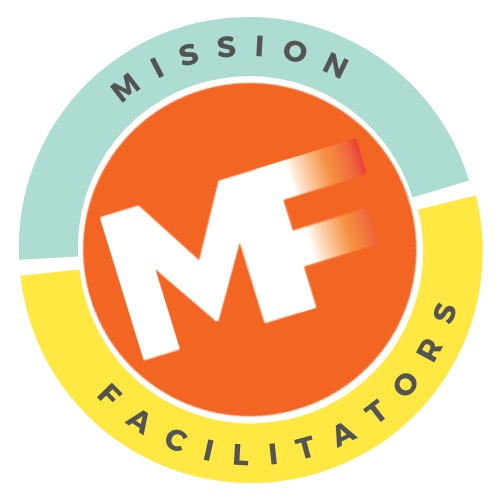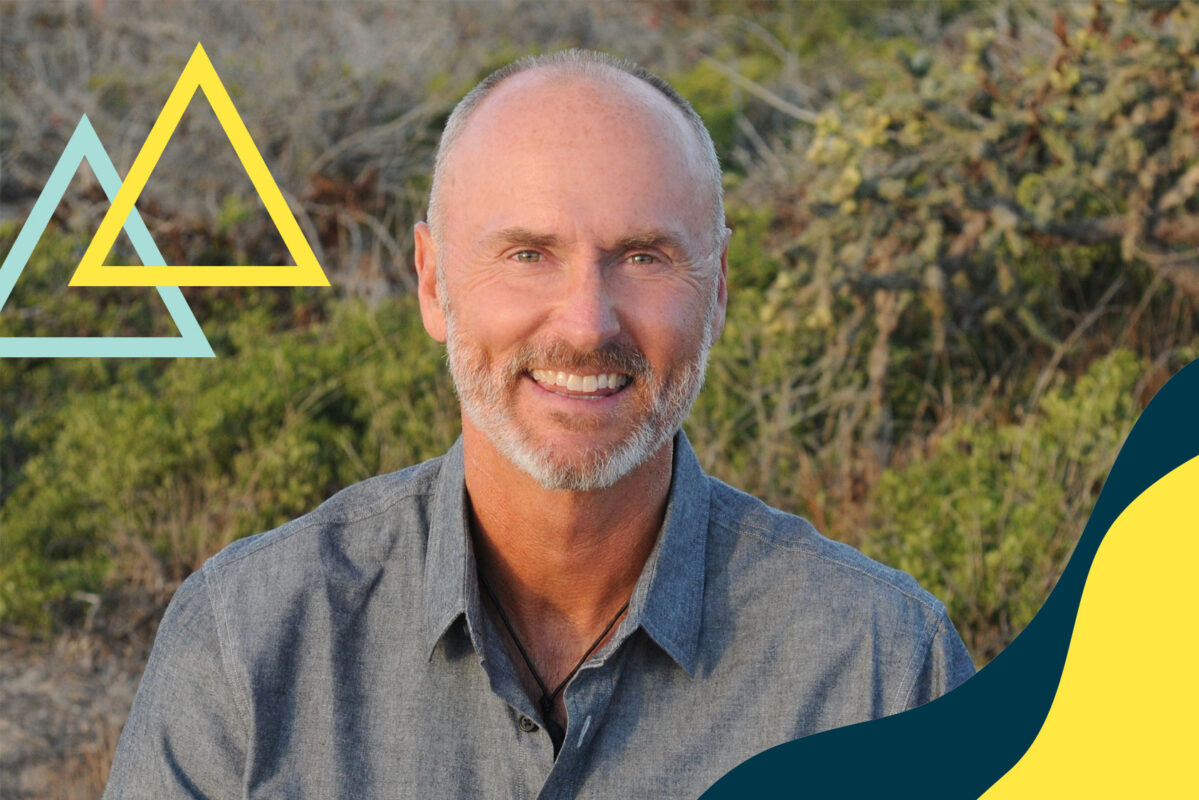By Dean Newlund.
On a recent episode of the Leadovation Podcast, I had the privilege of sitting down with Chip Conley, a man who has not only transformed industries but is now redefining what it means to grow older with purpose. Chip’s story, and the creation of the Modern Elder Academy (MEA), isn’t just inspiring—it’s a wake-up call to all of us navigating change, transitions, and the desire for deeper meaning in midlife.
Chip was a pioneer in the boutique hotel space, running Joie de Vivre for 24 years. But in his late 40s, amid personal loss and a near-death experience, he felt the calling to change. That calling led him to Airbnb, where, at 52, he was dubbed the company’s “Modern Elder,” mentoring a team half his age and discovering how curiosity and wisdom can co-exist.
From that fertile ground came MEA: the world’s first midlife wisdom school. It exists for those of us who don’t necessarily need a breakdown to seek a breakthrough. As Chip put it, “Midlife doesn’t have to be a crisis. It can be a chrysalis.”
When I asked Chip what inspired the concept of MEA, he told me: “I wanted to create a place where people didn’t feel like they had to hit rock bottom before they could reimagine their lives.”
Throughout our conversation, we explored why happiness tends to increase after 50, how emotional intelligence evolves with age, and why relationships, rather than achievements, are the key to a fulfilling second half of life. We talked about loneliness and how creating deep friendships should be seen as a practice, not just a byproduct of convenience.
“Friendship is a practice,” Chip said. “Like meditation or golf—you get better the more you do it. The people I most admire in my life are the people who are just damn good friends.”
He urged us to think about friendship the way we think about meditation or golf: something you intentionally practice and improve. Friendship, Chip says, is a muscle—and many of us let it atrophy in adulthood. Without deep, sustaining relationships, life can become lonely and unmoored, especially during times of transition. At MEA, they teach ways to rekindle and deepen those relationships through intentional, open-hearted conversation.
Chip also offered some wisdom-packed questions anyone can use to spark life-altering conversations:
- Ten years from now, what will you regret not doing or learning today?
- What’s a wisdom bumper sticker from your career or relationships?
- Who has inspired you, and how are you living their example?
These aren’t cocktail party questions—they’re doorways into the soul. As we move through this digital age, where real connection often feels reduced to emojis and emails, the ability to ask and answer these kinds of questions becomes not just helpful, but essential.
In an age increasingly dominated by AI, Chip reminded me of something profound: “AI is commoditizing knowledge. Wisdom, born from life experience, emotion, and soul, is our human counterweight.” Unlike AI, we carry stories, we metabolize mistakes, we evolve spiritually. That, Chip believes, is where our real advantage lies.
We also touched on something that’s been echoing in my leadership work: the role of awe. Those fleeting, expansive moments that remind us we’re part of something bigger. Whether skiing down a mountain or sharing silence with a friend, awe has the power to reconnect us to the present, to each other, and to the mystery of being alive. Chip says awe can’t be scheduled—but it can be welcomed. And that requires slowing down, shedding distractions, and becoming available to wonder.
“To notice awe, you have to have slowed down and you have not to be distracted. You have to create the conditions for awe to potentially tap you on the shoulder.” — Chip Conley
One of the most moving parts of our exchange was when Chip described the body as a rental vehicle—something we’re issued at birth, use to carry our mind, heart, and soul, and eventually return. His near-death experience reinforced that insight. “The body helps carry the mind, the heart, and the soul,” he said. “And when the body is ready to expire, the soul is meant to go to some parking lot until it actually has a new incarnation.”
Later in the conversation, we dove into the difference between wisdom and intuition—something we’d been discussing over email before the interview. Wisdom, Chip explained, is a fusion of experience, emotion, and insight. It involves your brain, heart, and gut. Intuition, by contrast, is more primal—something that might originate in the microbiome, or a deeper, less-understood source. Both, he argues, are vital in a time where data is cheap, but meaning is rare.
“Wisdom feels like the fusion of your brain, heart, and gut,” he said. “Intuition comes from the gut—it’s that second brain that’s still a mystery to science.”
Chip also offered a refreshing take on purpose. In the West, we often treat purpose like a possession—something to “find” and display like a badge of honor. But he sees purpose differently. It’s not a noun. It’s a verb. Purpose is something you practice. And that practice often starts not with clarity but with curiosity, agitation, and a desire to contribute.
He outlined four ways to find your path to purpose:
- Follow what excites you.
- Explore what agitates you.
- Track what you’re curious about.
- Revisit passions you’ve neglected.
That insight stopped me in my tracks. I told him, “It’s almost like we’ve made purpose into a brand. We say things like ‘I need to go find my purpose’ like it’s something we left behind at a gas station.”
We don’t need a grand mission statement. We need small, consistent actions that make us feel alive and aligned.
I left that interview more committed than ever to the work of helping leaders connect to purpose, to people, and to what matters. Chip’s reminder that we “rent our bodies” but “own our souls” is something I’ll carry with me.
To learn more about the Modern Elder Academy, visit MEA’s site. And if you want a daily dose of reflection, check out Chip’s blog, Wisdom Well.
Watch the whole conversation here: Leadovation Podcast with Chip Conley: Midlife Reinvention Blueprint

